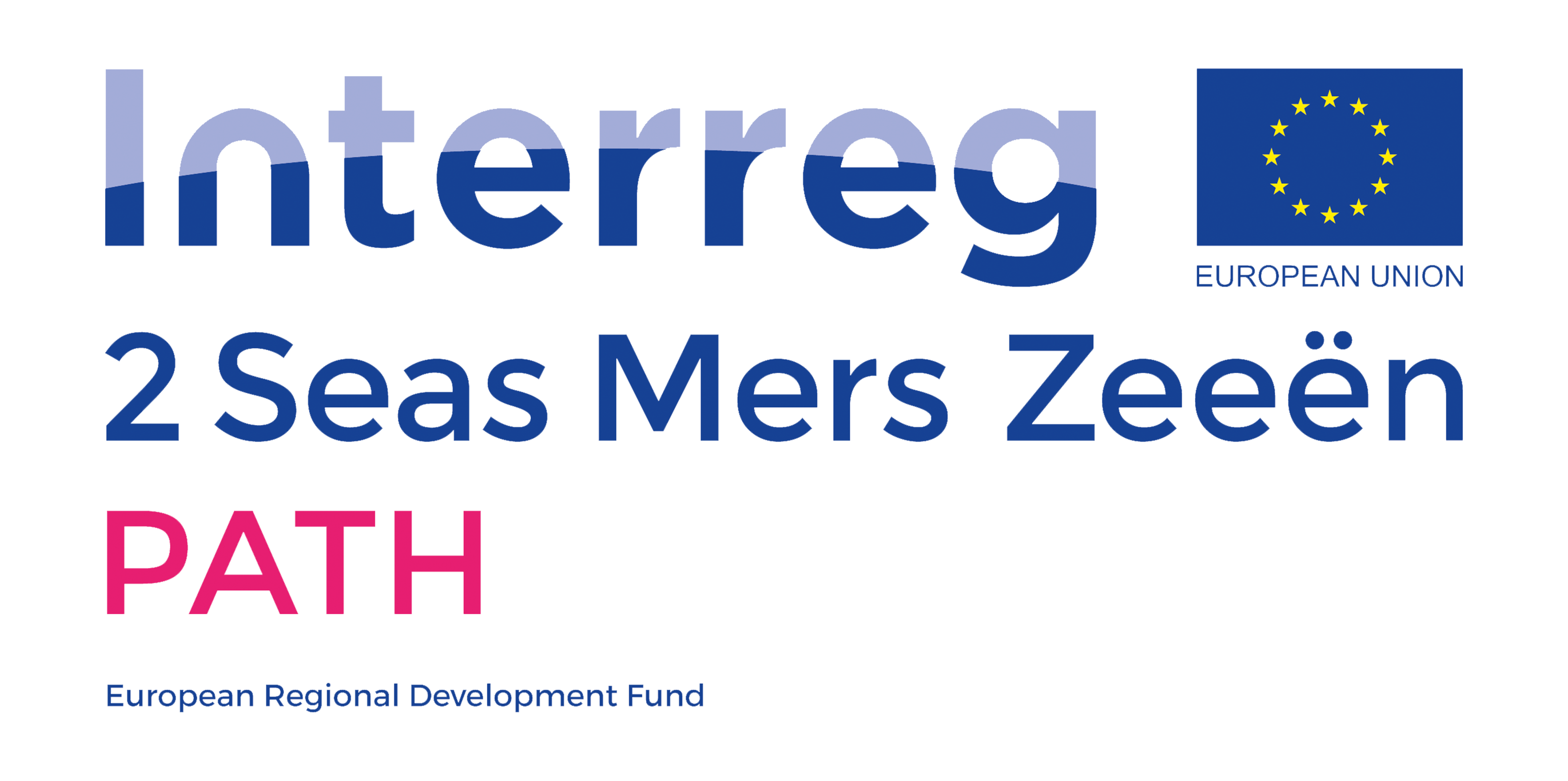
© 2021 Copyright: Bournemouth University
The main treatment modalities for mental illness in the perinatal period are self-help, psychological therapies and medications.
Type of treatment will depend on nature and severity of symptoms and what modalities are available for the woman and her family.
Please refer to ‘Support services for perinatal mental illness’ to access self-help resources
Psychological therapies can be offered by a trained therapist in many different ways- one-to-one, in a group, counselling, CBT (face to face, telephone or online), family therapy, trauma-based CBT.
A trained health visitor may be able to offer listening visits.
Local NHS psychological therapies services (IAPT), including cognitive behavioural therapy (CBT) services can be found using the NHS website.
Perinatal Treatment is a project supported by funding from the Elizabeth Blackwell Institute for Health Research (co-funded by the Wellcome Trust and the University of Bristol), along with contributions from University of Bristol alumni and friends.
The project was developed in partnership with the International Marcé Society for Perinatal Mental Health and is endorsed by Bluebell Care. Here, you can access dedicated resources for clinicians and health professionals, including guides which accompany selected self-help treatments.
NICE Guidance CG192 Antenatal and postnatal mental health: clinical management and service guidance.